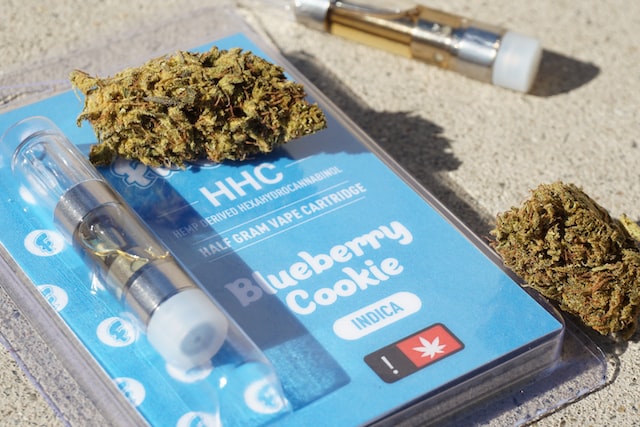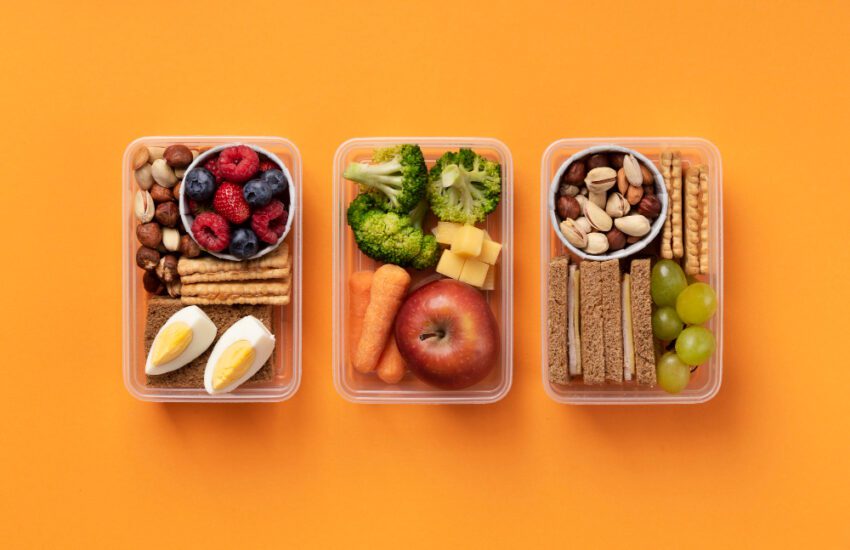
HHC is a THC derivative derived from hemp and is now legal in most states. It is less psychoactive than delta-8 THC and has a milder high.
It can be found in vape products, gummies, and other cannabis concentrates. Like THC, the effects and duration of an HHC high will vary depending on how much you use.
Feelings of euphoria
Feelings of euphoria occur when the brain releases dopamine to specific hedonistic hotspots in the reward circuit. This euphoric sensation is commonly associated with drugs like cannabis, heroin, MDMA (ecstasy), and hallucinogens.
Physical stimuli, such as a warm bath, a cozy bed, or a full-body solid orgasm, can also trigger euphoria. It can also be induced by certain drugs, such as cocaine and heroin, or through psychedelics and marijuana.
Most users of HHC report that it has a milder euphoric high than delta 9 THC, although some say it is similar to Delta 8. Its effects include altered visual and auditory perception, reduced heart rate, and enhanced energy levels.
Some users claim that HHC improves memory, helps them sleep, and reduces anxiety. It can be used to treat a variety of conditions, including pain and inflammation.
Unlike other cannabinoids, HHC is not illegal in the United States. However, it is still a relatively new cannabinoid, so there is limited research on its effects and safety.
HHC is made by modifying the cannabinoid CBD from hemp through various chemical processes. The modified cannabinoid then undergoes isomerization to produce HHC distillate. It is a semi-synthetic compound with a structure similar to Delta-9 THC but contains two additional hydrogenated carbons.
Feelings of relaxation
One of the most common HHC effects that people experience is a feeling of relaxation. This can last for up to 12 hours and can also help improve your mood.
While these are the most commonly reported effects, it’s important to note that everyone reacts differently to cannabinoids, and it’s possible to feel other feelings when using HHC, too.
Some people who use HHC have also found it helpful to relax by visualizing certain things, such as a calming ocean or a peaceful park. They can also try to focus on breathing and relax as they take deep breaths.
Another way to relax is through progressive muscle relaxation, in which you tense and relax one muscle group at a time, from your head to your toes. This is a great way to release stress, but it can be tricky for some people.
Another way to relax is through meditation, which focuses on relaxing your body and mind. It is often used to treat anxiety, depression, and insomnia. However, many people find it difficult to practice meditation regularly. It’s best to start small and build up to more complex exercises over time.
Feelings of anxiety
HHC is not as well-known as other cannabinoids, like THC, so there aren’t as many studies on the effects of this substance. However, it’s still used by people to help relieve pain, inflammation, and anxiety.
Generalized anxiety disorder (GAD) is a common condition that affects many people. It is characterized by excessive, persistent worry about everyday life, even things that aren’t likely to cause problems.
This type of anxiety can lead to physical symptoms such as headaches, stomachaches, and muscle tension. It may also cause difficulty concentrating and sleep disturbances.
Different types of anxiety disorders include generalized anxiety disorder, panic disorder, specific phobias, and agoraphobia. These disorders can seriously impact your life, but treatment is available.
Anxiety can be treated by medication, psychotherapy, and self-help techniques such as breathing exercises. Seeking treatment early is essential, as stress can worsen if left untreated.
Your GP or mental health professional can give you information, tools, and resources to help manage your anxiety. These may include psychoeducation, coping strategies, cognitive behavioral therapy (CBT), or applied relaxation.
Try these techniques before you see any results. Be patient and follow your provider’s instructions.
Anxiety can be a normal part of life, but long-term anxiety can negatively affect your health. It can make you more susceptible to infections, high blood pressure, and heart disease. It can also lead to depression if not treated properly.
Feelings of depression
Depression is a mood disorder that causes sadness, loss of interest in pleasurable activities, and a bleak outlook on life. Changes in appetite, weight, and sleep patterns can also accompany it.
In the most severe form of depression, called clinical depression, symptoms may be present for most of the day every day for two weeks or longer. These symptoms include a feeling of hopelessness, a lack of pleasure in the usual things in life, trouble with concentration, and recurrent thoughts of suicide.
These symptoms can be very distressing and can be challenging to understand. They can signal that you need help and may need to see your GP.
It is important to remember that depression can affect people differently and in different ways. Some feel depressed because of events in their lives, while others feel it after a physical or mental health problem.
For example, chronic pain can trigger depression-like symptoms in people with fibromyalgia and other musculoskeletal disorders. Other conditions that can cause depression-like symptoms include diabetes, thyroid problems, and low blood sugar (hypoglycemia).
Fortunately, there are many natural ways to fight depression. One of the most effective is a healthy diet. Eating a diet rich in foods that boost neurological health and cellular function can help ease symptoms of depression, as well as support a positive mood.


